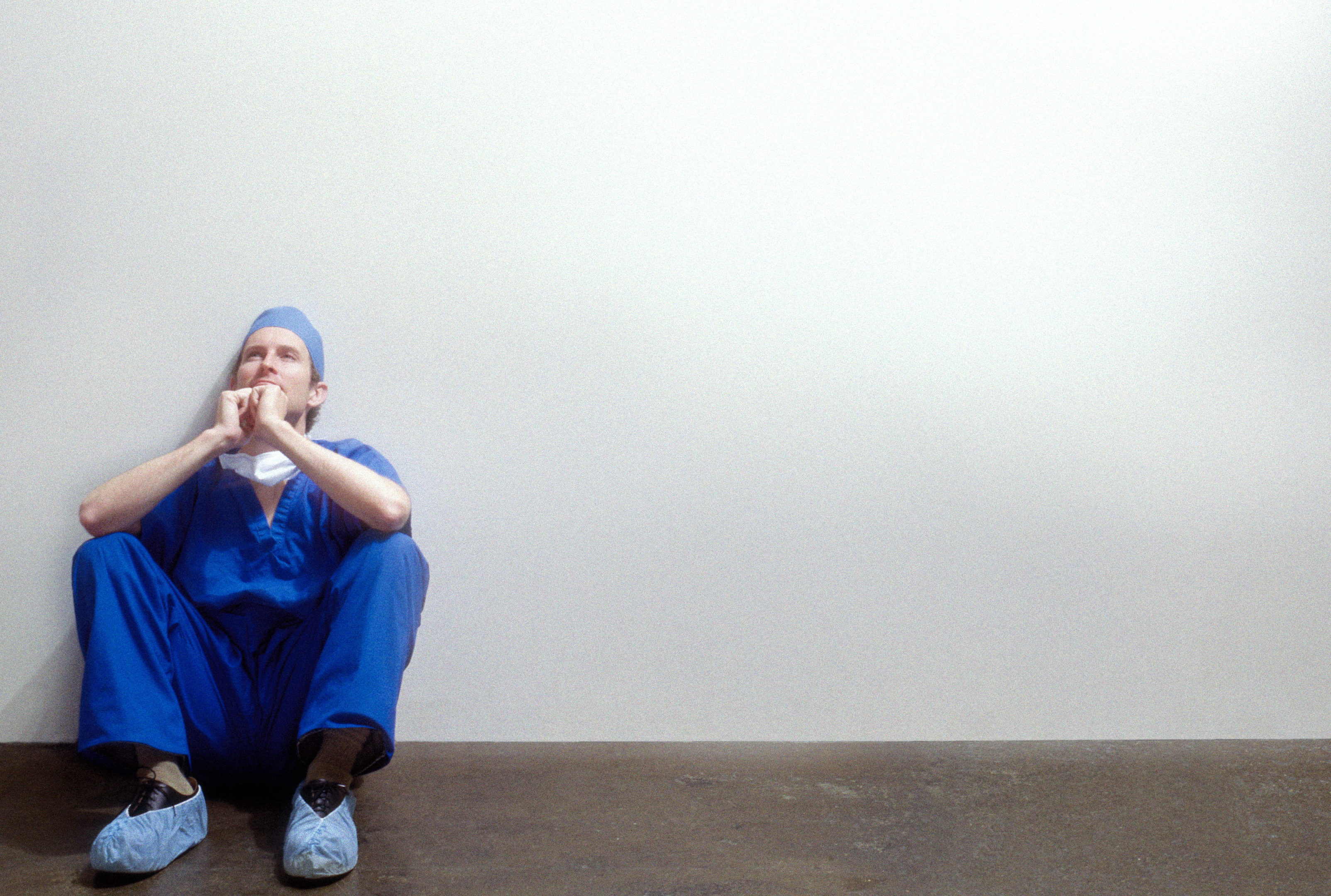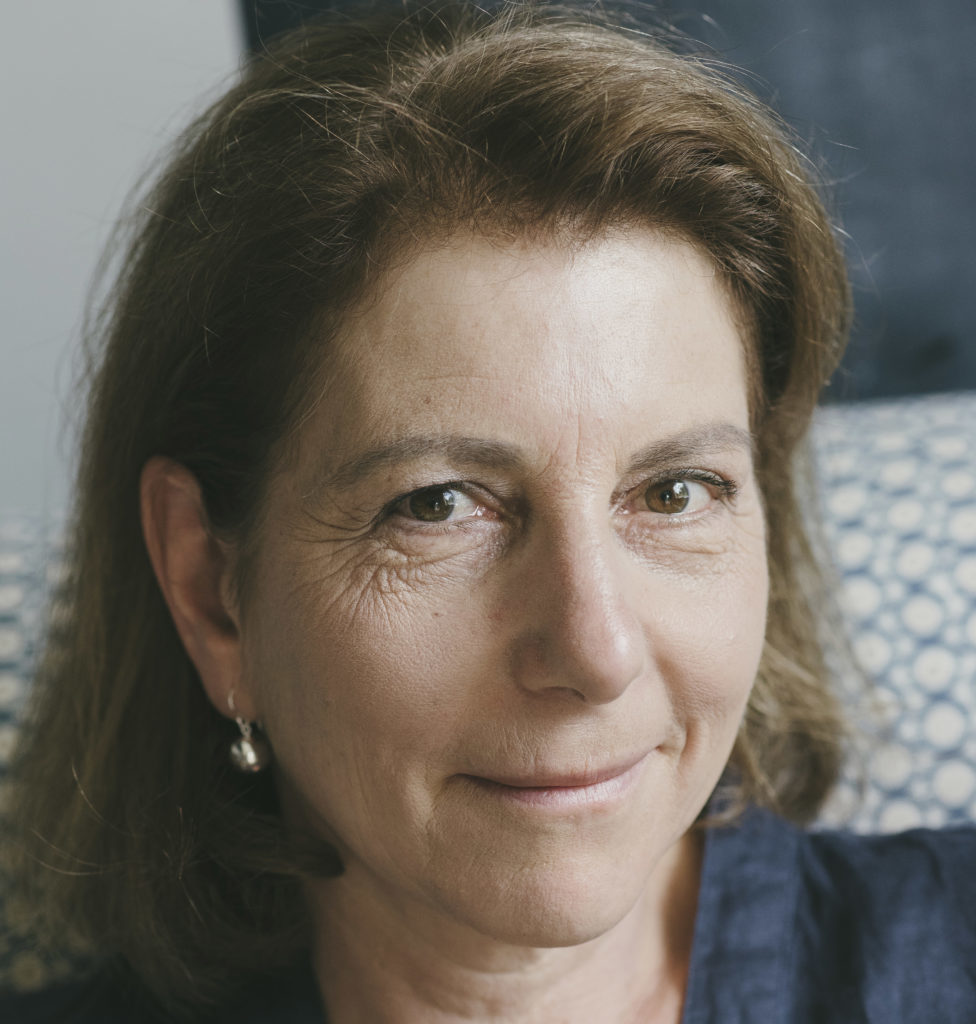
WE turn to them in our most desperate moments and they frequently have our lives in their hands.
But the nation’s doctors can be even sicker than the patients they are seeing.
And a psychologist who has worked with troubled medics for over a decade insists both the medical profession and the public need a change of view.
Caroline Elton, who has written about her work with NHS doctors for a new book, Also Human, said: “The physician can’t heal thyself.
“The profession needs to be much more aware of the psychological demands of being a doctor.
“And the public need to be more aware of what it’s like for a doctor.
“In a way we don’t want to as it’s much more comfortable to think that they are super-human.
“We have great doctors in this country, we are really fortunate. But we are not caring for them in the way that they deserve.”
London-based Caroline spent 10 years helping doctors be more effective teachers by watching how they worked.
But when she switched to a new role in an NHS unit guiding them to choose a specialty, she found they wanted to talk about a whole raft of other concerns.
Doctors are more prone to mental health problems than any other profession and Caroline saw the effect a life helping others was having.
“I’ve spent the past 12 years helping doctors who are facing difficulties at work,” said Caroline.
“Between a quarter and a third of doctors show symptoms of depression or anxiety.
“That’s certainly higher than the population in general.”
The book documents some of the shocking case studies of doctors Caroline has helped. One recalled being thrown in at the deep end on her first day. All the senior staff were away and she was faced with a desperately ill patient, seemingly at death’s door.
With no support whatsoever, the patient’s life was only saved when another young doctor happened to pass by and help was summoned in the nick of time.
The doctor went on to become a GP but that first day haunted her. She felt the system “chews people up, spits them out and then gets another well-meaning chump to replace them”.
“Sometimes when the outcome is dire you don’t get any support,” said Caroline.
“I observed a ward round where a baby had died in a cot death.
“Nobody wanted to certify the death of the baby.
“So this very traumatic task was delegated to the most junior person in the team who got no support.”
Concerns have long been raised over the toll taken by long working hours. The father of 23-year-old Lauren Connolly, a junior doctor who died in a road crash after a series of long shifts, has backed BMA Scotland calls to ensure medics have two days off after a run of night shifts, and for more beds allowing them to rest.
But Caroline says newer shift patterns have been a problem, too.
“In the past, young doctors may well have been on a pretty consistent clinical team. Now they will often be in different teams on different days.
“So, no senior staff really get to know them, to spot if they are looking peaky or are obviously distressed by something.”
The past winter has seen health boards face extreme pressures, with staff working flat out. Having worked with many stressed doctors, Caroline knows the dangers first-hand.
“The system is under critical stress at the moment, especially for frontline clinical staff trying to maintain care.
“There is a psychological blindspot that has existed for a very long time.”
Also Human: The Inner Lives Of Doctors by Caroline Elton is out now from William Heinemann, £16.99.

Enjoy the convenience of having The Sunday Post delivered as a digital ePaper straight to your smartphone, tablet or computer.
Subscribe for only £5.49 a month and enjoy all the benefits of the printed paper as a digital replica.
Subscribe